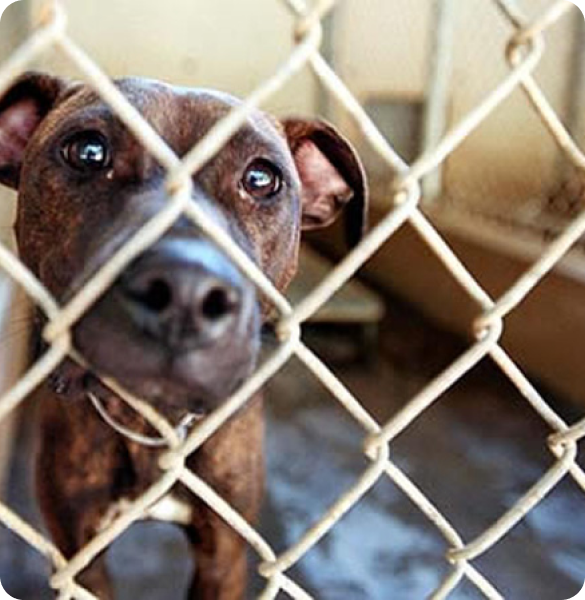Beverly Hills Small Animal Hospital
Dr. John Winters, Dr. Ford Suehiro & Dr. Richard Keagy
353 N. Foothill Drive – Beverly Hills, CA 90210
(310) 276-7113
Dr. Shipp’s Animal Hospital
351 Foothill Road – Beverly Hills, CA 90210
(310) 550-0101
VCA Miller Robertson Animal Hospital
Dr. Walter Cailleteau, Dr. Lomond & Dr. Michael Miller
8807 Melrose Avenue – West Hollywood, CA 90069
(310) 657-7050
Melrose La Brea Animal Hospital
Dr. Edd Jordan
7116 Melrose Avenue – Los Angeles, CA
(323) 937-2334

TLC Veterinary Centers, Inc.
8725 Santa Monica Blvd. – West Hollywood, CA 90069
(OPEN 24 HOURS)
(310) 859-4852
Dr. Liz Friedman
House Calls!
myanimaldoc@sbcglobal.net
(323) 314-8536
Laurel Pet Hospital
7970 Santa Monica Blvd. – West Hollywood, CA 90046
Dr. Meredith Rettinger (cats)
(323) 654-7060
North Central: 3201 Lacy St., LA 90031
South Central: 1850 W. 60th St., LA 90047
Harbor: 957 N. Gaffey St., San Pedro 90731
West LA: 11361 W. Pico Blvd., LA 90064
East Valley: 14409 Vanowen St., Van Nuys 91405
West Valley:20655 Plummer St., Chatsworth 91311
Animal Shelter 1: (562) 940-6898
11258 S. Garfield Ave., Downey 90242
Animal Shelter 2: (310) 523-9566
216 W. Victoria St., Gardena 90248
Animal Shelter 3: (626) 962-3577
4275 N. Elton Ave., Baldwin Park 91706
Animal Shelter 4: (661) 940-4191
5210 W. Ave I, Lancaster 93536
Animal Shelter 5: (661) 257-3191 or (818) 367-80653
1044 N.Charlie Canyon Rd., Castaic 91384
Animal Shelter 6: (818) 991-00712
9525 Agoura Rd., Agoura 91301
A: Walk into any animal care center and you’ll likely find a variety of dogs from Chihuahuas to Labradors to Beagles. Sadly, many of these wonderful pets are relinquished to animal care centers through no fault of their own One of the main reasons that animals are given up is because their owners are no longer able to provide the proper care; perhaps this is due to financial hardship, a move to a new home, illness or death of the owner, or a change in lifestyle. In all of these situations, the animal is relinquished for reasons unrelated to their health, temperament or behavior. Keep in mind that shelters will not adopt out animals with untreatable or serious behavioral issues.

A: We actually prefer the phrase ‘animal care center’ to define shelters in our communities. That’s because many municipalities or SPCAs have redefined animal sheltering with the public and animal’s comfort in mind. At your local animal care center you’ll likely find staff and volunteers working together to rehabilitate sick or injured animals, hosting adoption events or distributing humane education materials. Modern animal care centers are designed with bright, cheerful colors, many with grooming suites to increase an pet’s chance for adoption or play yards used to train and socialize dogs.
A: Not so! Many animal care centers have rabbits, guinea pigs, hamsters, birds, turtles, snakes, and some centers even have farm animals available for adoption! If you’re looking for a companion other than a dog or cat, check your local adoption center, and search online on PetFinder.com or AdoptaPet.com. For the same reasons that dogs and cats end up in adoption centers, other companion animals do as well.
A: Most animal care centers have several methods of discovering the animal’s true personality and determining what type of home would be best. When people surrender their pets, the shelter staff takes the time to ask questions about the animals personality, behavior, and health. Animals are observed by staff and volunteers during their stay, and often more formal behavior and health evaluations are conducted. And don’t forget to chat with volunteers! Often times it’s the volunteers who have the chance to spend the most time with individual animals and can help match you up with your new best friend!
A: According to several studies, up to 25% of animals at shelters are purebreds. And owners of purebreds can experience the same hardships that cause them to give up their pets (financial, personal, medical, etc), resulting in purebreds ending up at adoption centers. (And not just purebred dogs, but purebred cats, and exotic animals, too!)
To find a pet near you, please go to www.petfinder.com or www.laanimalservices.com in Los Angeles.
Check out Pet Care Foundation’s TV show ADOPT A PET TODAY
For assistance in keeping your pet call 213-403-0129 for free spay/neuter, vaccinations, licensing fees, fence/gate repair, dog training, some vet care, and tenant/property owner negotiations. Your call will be
returned within 48 hours.